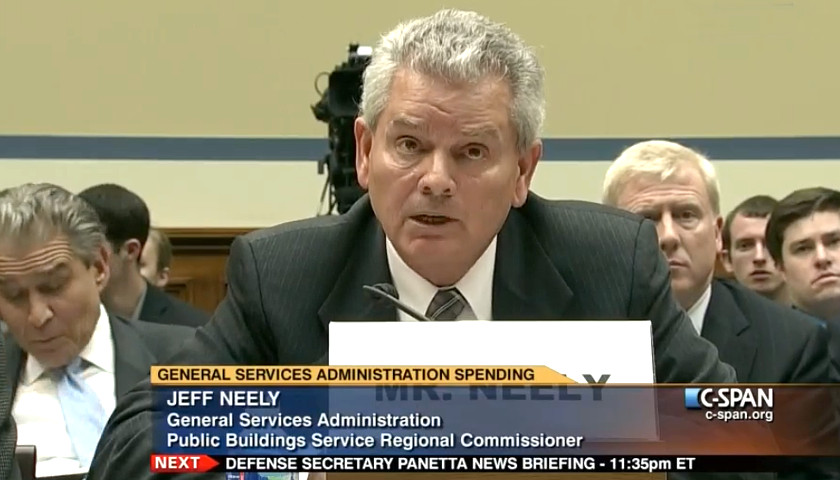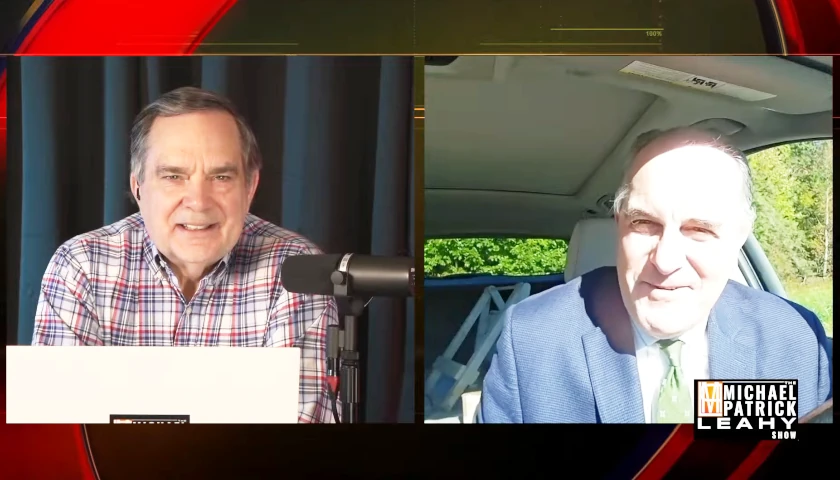Reuters
President Donald Trump on Friday signed three executive orders designed to make it easier to fire federal government workers and to crack down on the unions that represent them, drawing immediate criticism from a group representing federal employees.
Administration officials said the orders would give government agencies greater ability to remove employees with “poor” performance, get “better deals” in union contracts and require federal employees with union responsibilities to spend less time on union work.
“Today the president is fulfilling his promise to promote more efficient government by reforming our civil service rules,” said Andrew Bremberg, director of the White House’s Domestic Policy Council, in a conference call with reporters.
“These executive orders will make it easier for agencies to remove poor-performing employees and ensure that taxpayer dollars are more efficiently used.”
The American Federation of Government Employees said in a statement that the moves intended to “strip federal employees of their decades-old right to representation at the worksite” and would hurt veterans, law enforcement officers and others.
“This administration seems hell-bent on replacing a civil service that works for all taxpayers with a political service that serves at its whim,” the group’s president, J. David Cox, said in a statement.
A Fact Sheet released by the White House outlined the effects the new orders will have on federal employees:
PUTTING TAXPAYERS FIRST: President Trump signed an Executive Order requiring agencies to negotiate better union contracts in a more efficient and transparent manner.
- The order directs agencies to negotiate better contracts with Federal unions, holds down costs, promotes performance and accountability, and creates a Labor Relations Working Group.
- It will eliminate years of costly drawn-out bargaining by encouraging agencies to conclude labor negotiations in less than a year.
- Agencies pay for union negotiators’ salaries, so it hurts taxpayers when bargaining drags on for years. The salaries for union negotiators cost $16 million in 2016 alone.
- Americans will now be able to gauge for themselves whether they got a good deal. The order requires union contracts to be published in a public online database, promoting transparency.
WORKING FOR THE PEOPLE: The President’s Executive Order reducing spending on taxpayer-funded union activities will ensure Federal employees prioritize work for the American people.
- The order directs agencies to work on renegotiating contracts to cut taxpayer-funded union time by an average of two-thirds, reducing union business interfering with agency operations.
- The Social Security Administration estimates it could complete 135,000 more retirement applications or 17,000 more disability determinations annually, if taxpayer funding for union activities were redirected to public service functions.
- Those Federal employees authorized to act on behalf of unions will be permitted to spend no more than 25 percent of their time on union business.
- Over 470 Veterans Affairs employees spend 100 percent of their duty hours working for a labor union instead of serving veterans. This includes 74 full-time nurses.
- The order cuts back on lobbying or pursuing a grievance against an agency on taxpayer-funded union time. Taxpayers should not pay for unions to sue or lobby the government.
- Agencies will charge rent to employees that use Federal office space for non-agency business and stop covering travel expenses for non-agency business.
- This order will save taxpayers at least $100 million a year, when fully implemented.
STRENGTHENING THE MERIT SYSTEM: Through Executive Order, President Trump is making procedural changes to strengthen the merit system and streamline the removal of poor performers.
- The current system makes firing bad employees prohibitively difficult, undermining the Federal Government’s merit principles that call for removing poor performers.
- It takes 6 months to 1 year to remove a tenured Federal employee for poor performance, plus an average of 8 more months to resolve appeals. Tenured Federal employees are also 44 times less likely to get fired or laid off than private sector workers.
- Tenured Federal employees have stolen agency property, run personal businesses from work, and been arrested for using drugs during lunch breaks and not been fired.
- The order facilitates the efficient removal of bad employees and makes it hard for those employees to mask adverse employment information when seeking re-employment at another agency, while upholding Federal merit principles.
- Agencies will be required to report information on disciplinary actions and management of poor performers to the Office of Personnel Management for publication.






Tenure, tenure, tenure. What a crazy concept.